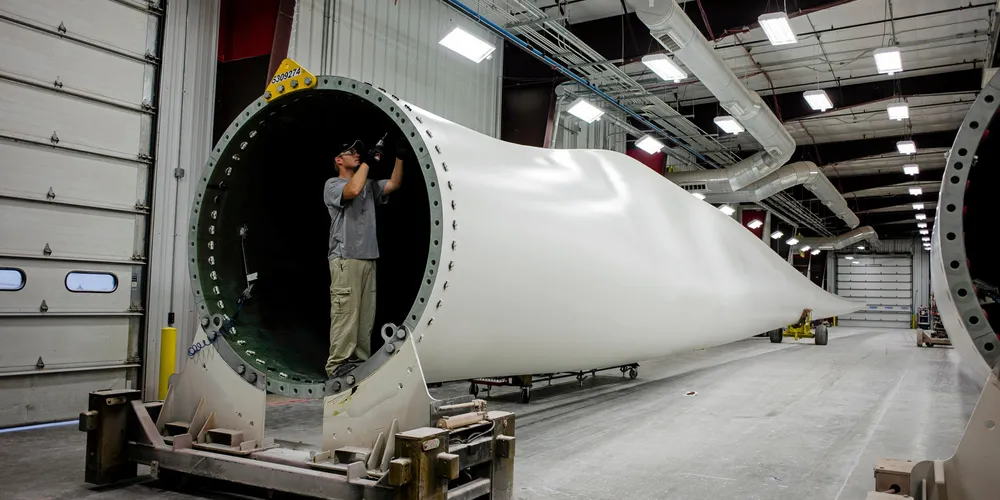Recyclable blades 'have role to play' in upcoming offshore wind tenders: Siemens Gamesa
France to give points for recyclability in next auction and in Netherlands ecology will be innovation theme at Hollandse Kust West tender

France to give points for recyclability in next auction and in Netherlands ecology will be innovation theme at Hollandse Kust West tender
